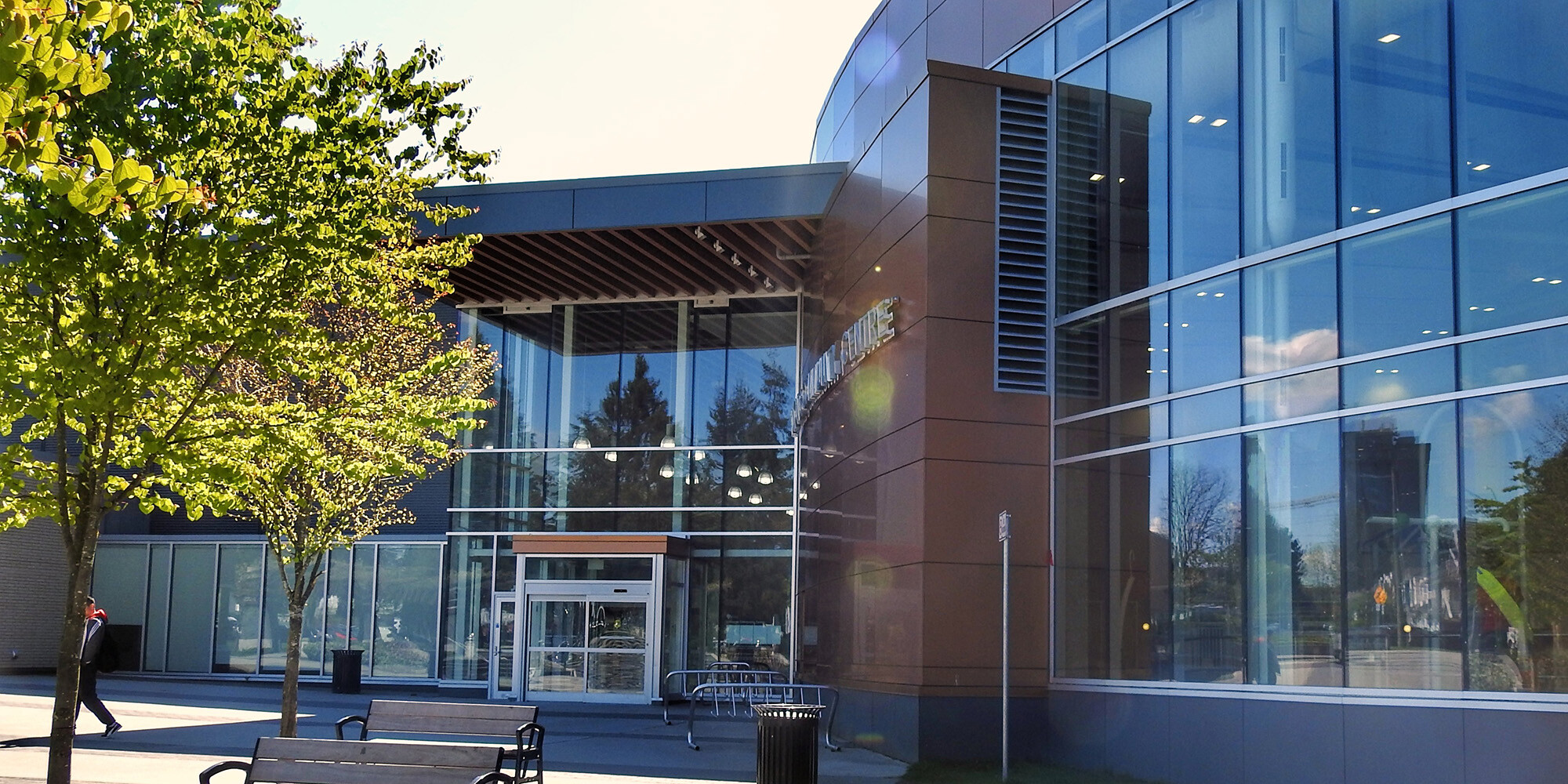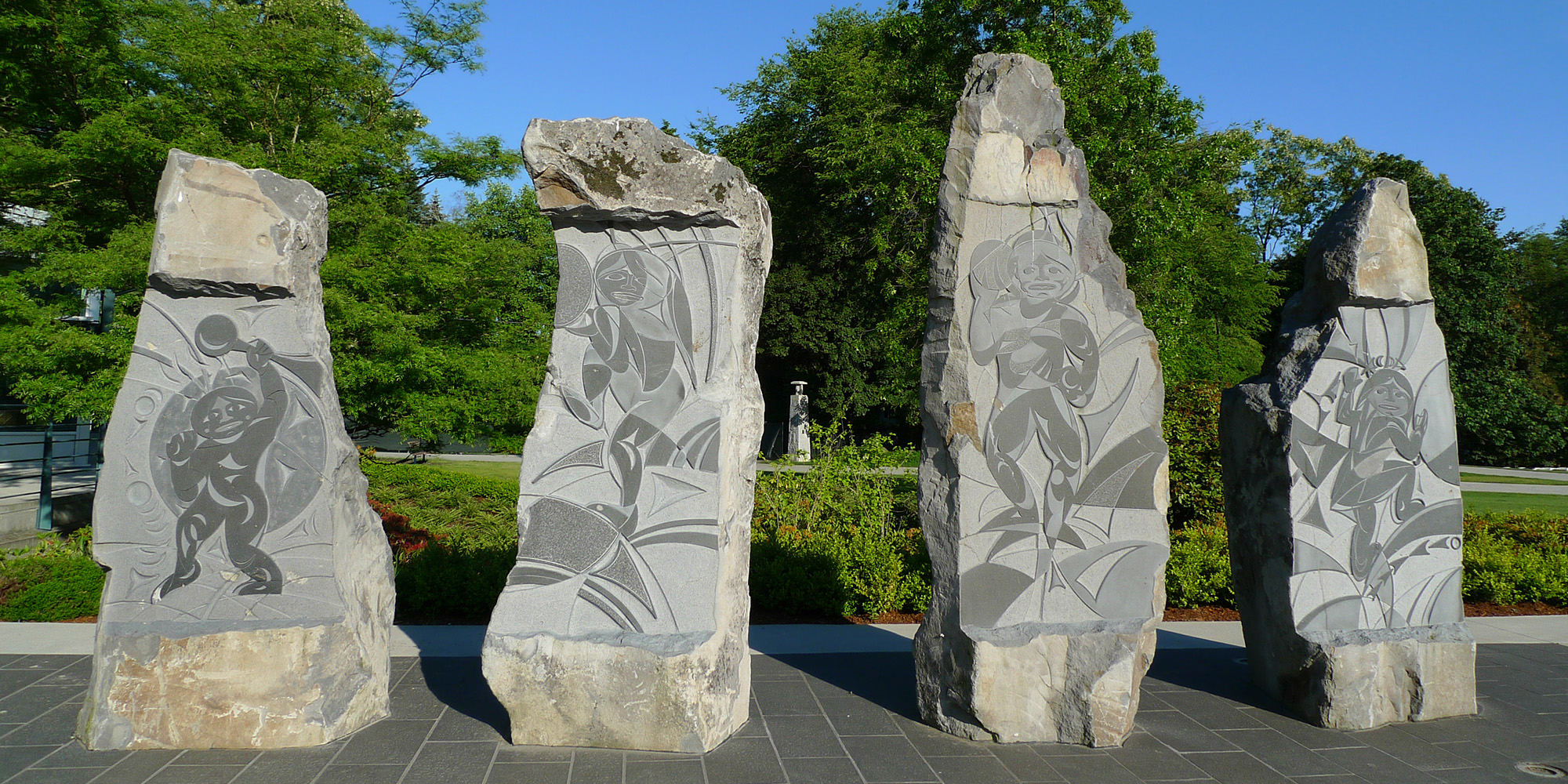Indigenous Engagement - Early, Often and Ongoing
A few years ago I was working for a client on a project when I received a phone call from a local community leader with a request for a corporate...

The term “Corporate Social Responsibility” has been around for some time now. Essentially, it’s about pursuing a broader and more inclusive approach to business practices and performance measurement – placing environmental and social standards alongside rather than beneath financial indicators. Increasingly, the business community is learning that investors and markets will recognize and reward values-based business practices. In some cases, a track record of demonstrating progressive social practices and inclusive Indigenous policies is a prerequisite for consideration for procurement contracts.[1] More companies, governments, and consumers are seeking social benefits in addition to financial benefits from the work and business they do, as well as from the goods and services they buy.
Corporate Social Responsibility (CSR) is sometimes construed as just another box to check off on the path to developing a project. Further, challenges can exist where the perspective of CSR from Aboriginal communities in Canada is that the work with them isn't just social but should also address the legal rights component as per the landmark Supreme Court of Canada case Tsilhqot’in Nation v. British Columbia, 2014 SCC 44. At paragraph 76, the chief justice stated:
The right to control the land conferred by Aboriginal title means that governments and others seeking to use the land must obtain the consent of the Aboriginal title holders.
Aboriginal communities are more likely to support projects if the proponent has consulted with them on all aspects of the project, including the development of a long-term, multi-generational, sustainable legacy.
Consider this fictitious scenario: A mining company wants to exhibit its CSR to its shareholders and investors, and knowing that First Nations frequently need recreation centres, they decide to build one.
Recreation centres need staff and maintenance long term, so what happens when the mine closes and the company leaves town? There is the potential for the building to become a financial burden on the community.
But what if we put a slightly different spin on it, take it beyond Corporate Social Responsibility, and call it Sustainable Corporate Relationships? Then it becomes about corporate decisions and actions that support sustainable relationships. First Nations view sustainable in the context of the Seventh Generation Principle which is based on an ancient Iroquois philosophy that the decisions we make today should result in a sustainable world seven generations into the future.
With that view, the mining company would engage with the community and find out what they really wanted as a legacy project. If it is a recreation centre and ice rink that the community wants, then they would work with the band office to identify who in the community could be given coaching, referee and ice maintenance training. They arrange and pay for the training for coaches, referees and ice maintenance crews, and they also arrange a fund to cover training for those roles for many, many years down the road. Then it becomes a sustainable relationship – even after the mine closes, the company maintains its Sustainable Corporate Relationship.
First Nations people place a very high value on relationships, so time and effort invested in developing long-term relationships with a First Nation is time and effort well spent.
The Vancouver Organizing Committee for the 2010 Olympic and Paralympic Winter Games designed its procurement protocol to ensure Aboriginal involvement and sustainability-based practices.

A few years ago I was working for a client on a project when I received a phone call from a local community leader with a request for a corporate...

When it comes to Indigenous issues and politeness the big question for me is what should people do if they encounter a social situation in which...

Why do we see some organizations call their work Indigenous Engagement and some refer to it as Indigenous Consultation? To find the answer we need to...